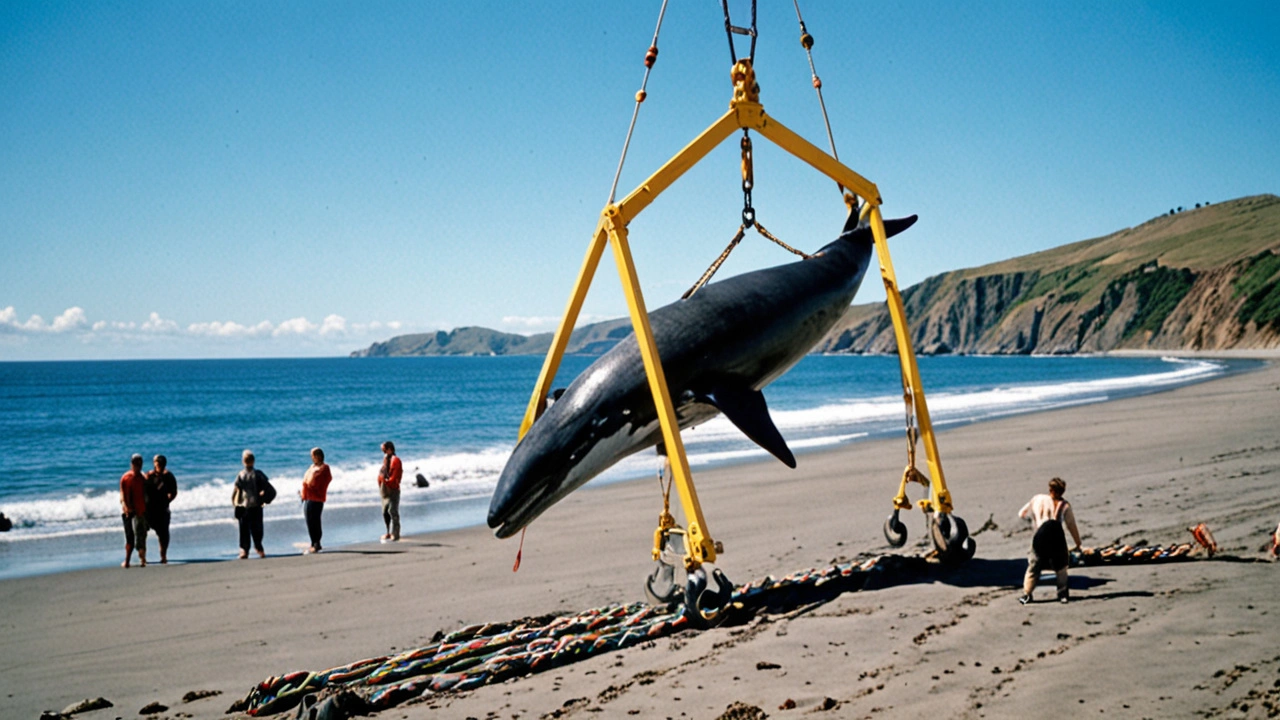Conservation in Africa: Practical tips and real success stories
Conservation matters here because people and nature depend on the same land and water. Want to help but not sure where to start? This page gives simple, concrete actions, real examples from African countries, and ways you can make a difference today.
What’s working on the ground
Community conservancies in Kenya and Namibia show how local people protect wildlife while earning income. Instead of forbidding access, these programs pay communities for tourism and sustainable cattle grazing. That cuts poaching and keeps land as habitat. In Mozambique and the Seychelles, marine protected areas have helped fish stocks recover and boosted local fisheries over a few years. Small wins add up when people see both ecological and economic benefits.
Technology helps too. Rangers now use simple GPS trackers, drones, and phone apps to report incidents fast. Satellite images flag changes to forests and wetlands so teams can act before damage spreads. These tools don’t replace local knowledge; they make it faster and safer for communities and rangers to respond.
Practical steps you can take
Travel smarter. Choose lodges and tour operators that work with local communities and protect habitats. Ask where your money goes. A night at a community-run lodge often supports conservation more than a big hotel chain.
Support credible groups. Look for organisations that publish results — number of hectares protected, species monitored, or jobs created. Small local NGOs often get better results per dollar than big international ones. If you want to donate, consider long-term projects like ranger salaries or community education rather than one-off campaigns.
Get involved from home. Report illegal wildlife trade if you see it online or in markets. Use platforms like iNaturalist or eBird to log sightings and help researchers track species. Reduce single-use plastics and choose sustainable seafood to lower pressure on rivers and coasts.
Use your voice. Write to local leaders or sign petitions that back protected areas, stronger anti-poaching laws, or funding for community programs. Vote for policies that invest in nature-based jobs and green infrastructure.
Volunteer wisely. Short trips can help, but pick projects that give you real training and pay local staff fairly. Avoid programs that rely on unpaid work for essential tasks.
Conservation isn’t just about protecting animals. It’s about clean water, productive soil, and jobs. When communities lead and get fair returns, conservation lasts. You don’t need to be an expert to help — small, informed choices add up fast. Want pointers for groups to support or citizen-science projects to join? We can list trusted options for your country or region.
Rare Spade-Toothed Whale Found on New Zealand Beach Ignites Scientific Curiosity
By Sfiso Masuku On 16 Jul, 2024 Comments (16)

A 16-foot spade-toothed whale has washed ashore on New Zealand's South Island, capturing the attention of the scientific community. This rare marine mammal, scarcely documented since the 1800s, offers researchers a unique chance to study its elusive habits and environment. The Department of Conservation, alongside local Māori, is handling the whale with cultural sensitivity while gathering crucial data to aid conservation efforts.
View More




